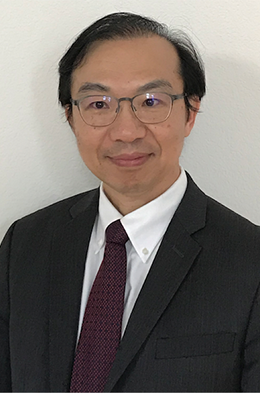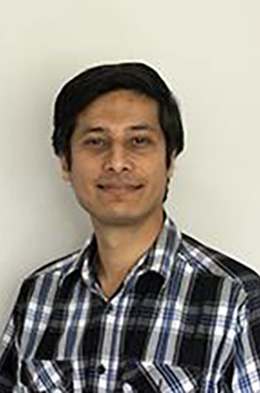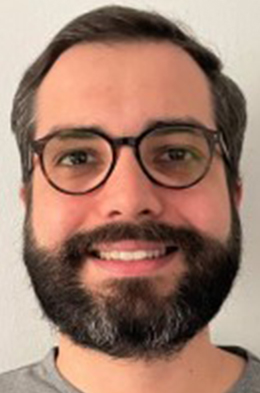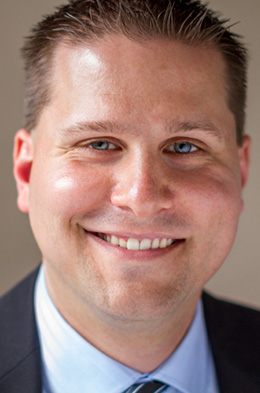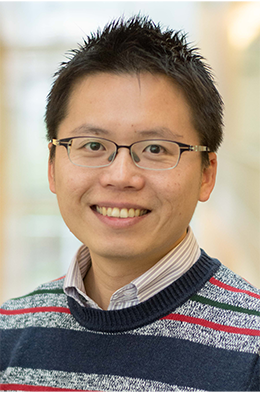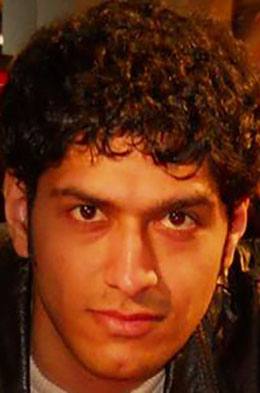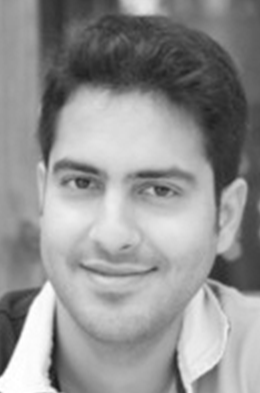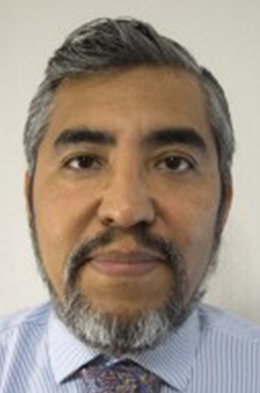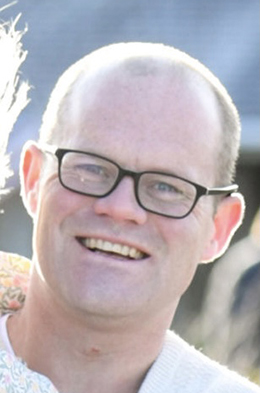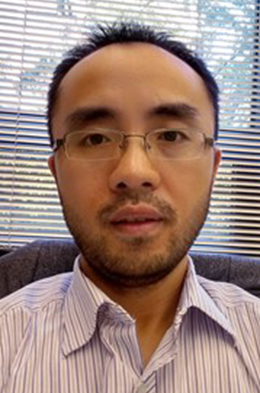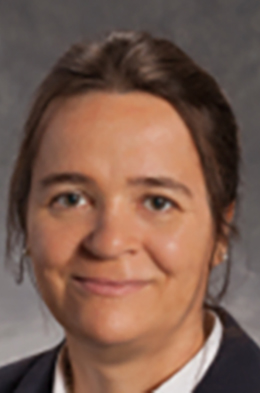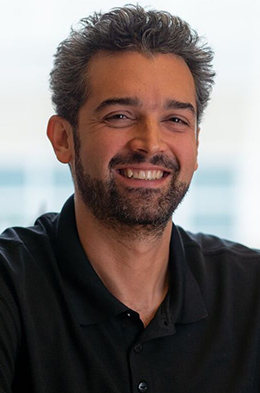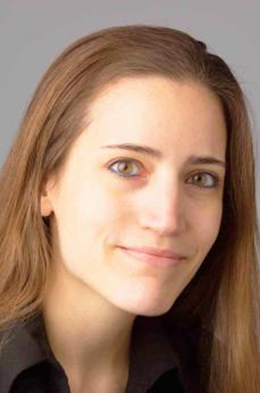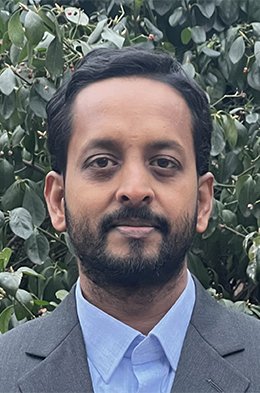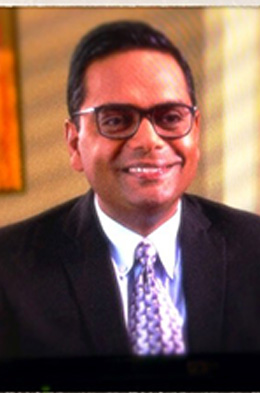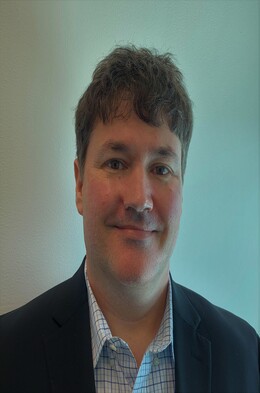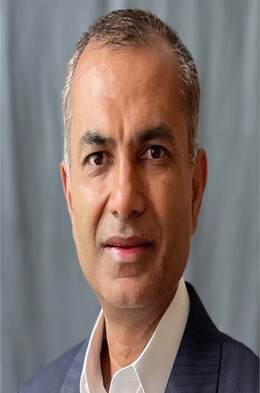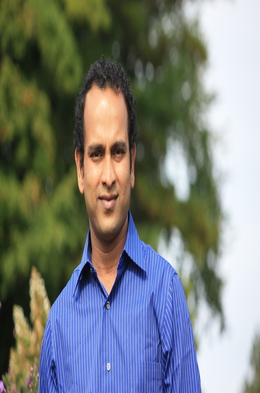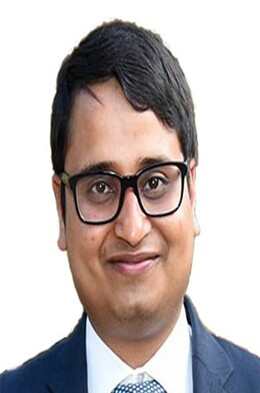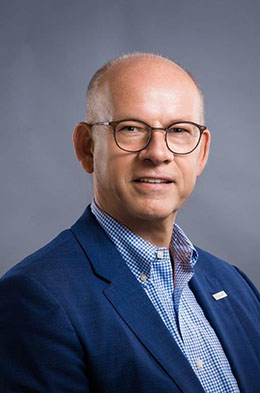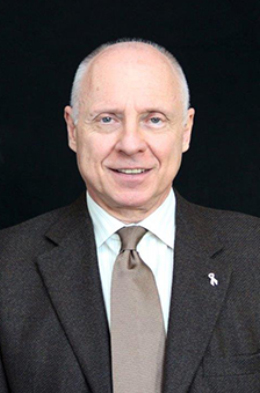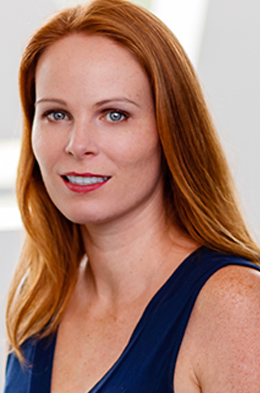Stefan Glück, MD, PhD, FRCPC is medical oncologist and currently is VP, Head Oncology franchise in Medical affairs at Regeneron. He leads a fast growing team of internal experts in the field of Hematology and Oncology. Prior to that he was V.P. Global Medical Affairs, at Celgene Corporation since October 2014 until December 2019. He oversaw oncology activities worldwide, as well as the Immuno-Oncology program in solid tumors and hematology. He also contributed to activities of Celgene around Early Assets.
He previously served as a Sylvester Professor in the Department of Medicine at Miller School of Medicine, University of Miami, Florida until September 2014. From 2003–2008, he was the Clinical Director of the Braman Family Breast Cancer Institute, and from January 2009 - December 2010 Assistant Director of the Sylvester Comprehensive Cancer Center and Associate Chief, Division Hematology & Medical Oncology. He has been a PI of 37 clinical studies of breast cancer in Miami, as well as investigator in numerous scientific, translational projects. Before his move to Miami, Dr. Glück was Director of Southern Alberta Breast Cancer Program at the Tom Baker Cancer Center, a Professor in the departments of oncology, medicine, pharmacology & therapeutics at the University of Calgary, Alberta, Canada, and Deputy Head, Dept. of Oncology at the University of Calgary. He completed his medical studies at the Free University of West Berlin, Germany. The internship in Berlin was followed by residency in internal medicine and fellowship in hematology at the Heinrich Heine Universität in Düsseldorf, Germany, and a medical oncology & bone marrow transplant fellowship at the Princess Margaret Hospital, University of Toronto, Canada.
Dr. Glück was presented the “America’s Top Oncologists” 2008 award from Consumers’ Research Council of America, as well as “Best Doctors in America” honor since 2006, and has annually earned that prestige every year to 2014. This award was warranted after less than 3 years of working in the United States.




